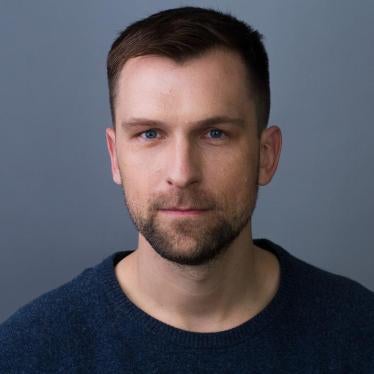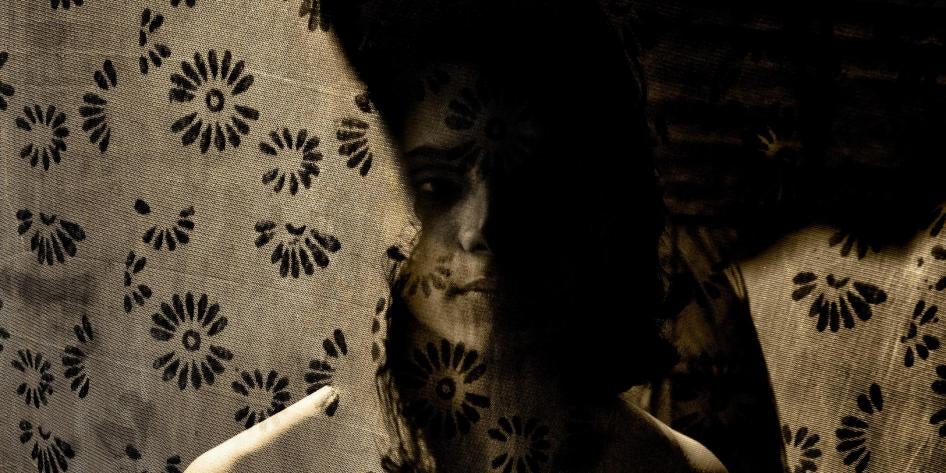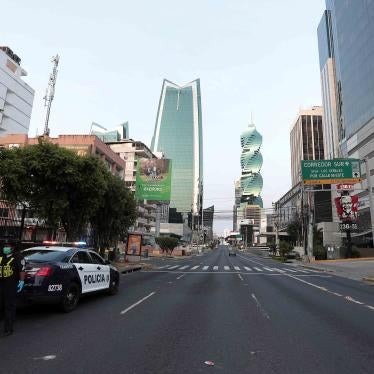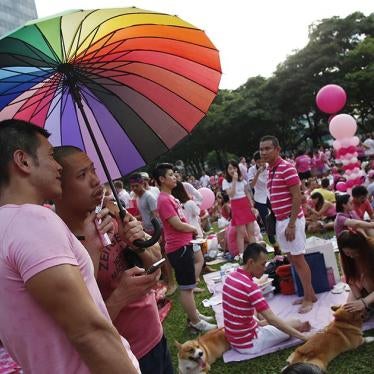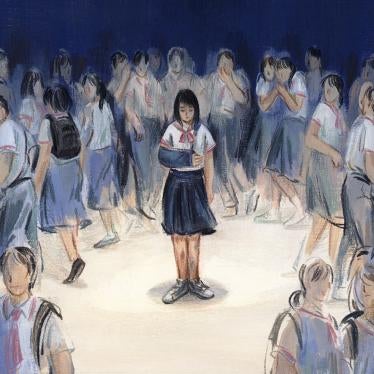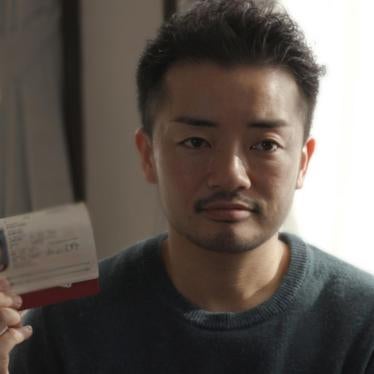As Bangladesh braces for the impact of COVID-19, with much of the country in lockdown, people with means have stocked food and hunkered down at home. But in a country where one in five people lives below the poverty line, for many Bangladeshis these precautions are impossible. And while the restrictions are aimed at saving lives, for some, the lockdown presents a whole new set of risks. Among those who are acutely facing those risks are people who identify as hijra, kothi, or transgender.
Many from these communities live hand to mouth, depending entirely on income from their daily work. But under the lockdown many will lose their basic income from such means as collecting alms, participating in religious rituals, or sex work. Street closings add to the difficulty.
A recent survey to understand the impact of COVID-19 on third gender communities in Bangladesh found that 82 percent of respondents hadn’t earned “a single penny in the last two weeks” and 59 percent did not receive any support from aid programs or families. The survey also found that on average those surveyed spend more than a third of their income on rent. Some are afraid of eviction, which is looking increasingly likely for many, given that 86 percent of respondents did not have savings and almost half owed payments on loans.
They urgently need food, cleaning supplies, medicine, safe housing, and general economic support. Social distancing is crucial to stopping the spread of COVID-19 but for many of the poor in Bangladesh’s cities and towns, living and working conditions make distancing impossible. As Lara from Jatrabari said, “I have to go to the street and start begging. I don’t see any other way.”
As one sex worker said, “the members of my group are not doing well. They need to eat at least once if it’s not possible to take three meals.”
In her 31-point directive on Bangladesh’s response to COVID-19, Prime Minister Sheikh Hasina called for “special attention” and relief for “the most disadvantaged people” including the hijra community. On April 15 the government allocated almost $1.2 million to the Social Welfare Ministry to provide aid for disadvantaged groups during the pandemic. In Dhaka, the deputy inspector general of police collaborated with Uttoran Foundation, a local charity, to distribute food to 100 transgender people. But aid has been relatively ad hoc and it’s unclear who will receive government-promised aid and how.
The Social Welfare Ministry should ensure transparency in the distribution of these much-needed funds — including specifying how much will go to Hijra, transgender, and Kothi people — and consult with local groups on how best to reach those in need. They government should ensure the right to an adequate standard of living — enough food and water to live on, a decent place to live in — for everyone, without exception.
Community organizations have jumped into action to support others. One activist who also owns a boutique is paying some of her employees, many of whom are hijra or identify as trans, to help her make masks. “I’ll purchase flour with the profit and distribute it among the community members. They can make bread and manage to live by having them with salt,” she said.
Deeply entrenched stigma also presents a barrier to accessing essential health services for many Bangladeshis who identify as hijra, kothi, or transgender. Though the government took an important step in recognizing the third gender, in practice it is still difficult to for third gender people to access health care and other government services. Most lack government-issued identity cards, which makes it hard for them to access social benefits.
In many places drop-in centers that usually provide routine services such as immunizations, and HIV tests and treatment are not operating because of the lockdown. As supply chains have stalled, medications are in short supply.
The UN high commissioner for human rights and the World Health Organizations have both called for global inclusion of sexual and gender minorities in COVID-19 responses. The government should use an inclusive approach to managing this crisis to ensure that the most vulnerable populations survive.
The Ministry of Disaster Management and Relief should start by issuing a directive specifically to include hijra, trans, kothi, sex worker and other vulnerable community members in Bangladesh’s pandemic response. The government should work with community-based organizations with humanitarian assistance programs to ensure that those most at risk are identified; make awareness messages about the illness accessible, including to those who are illiterate; and provide mental health support as part of its response.
